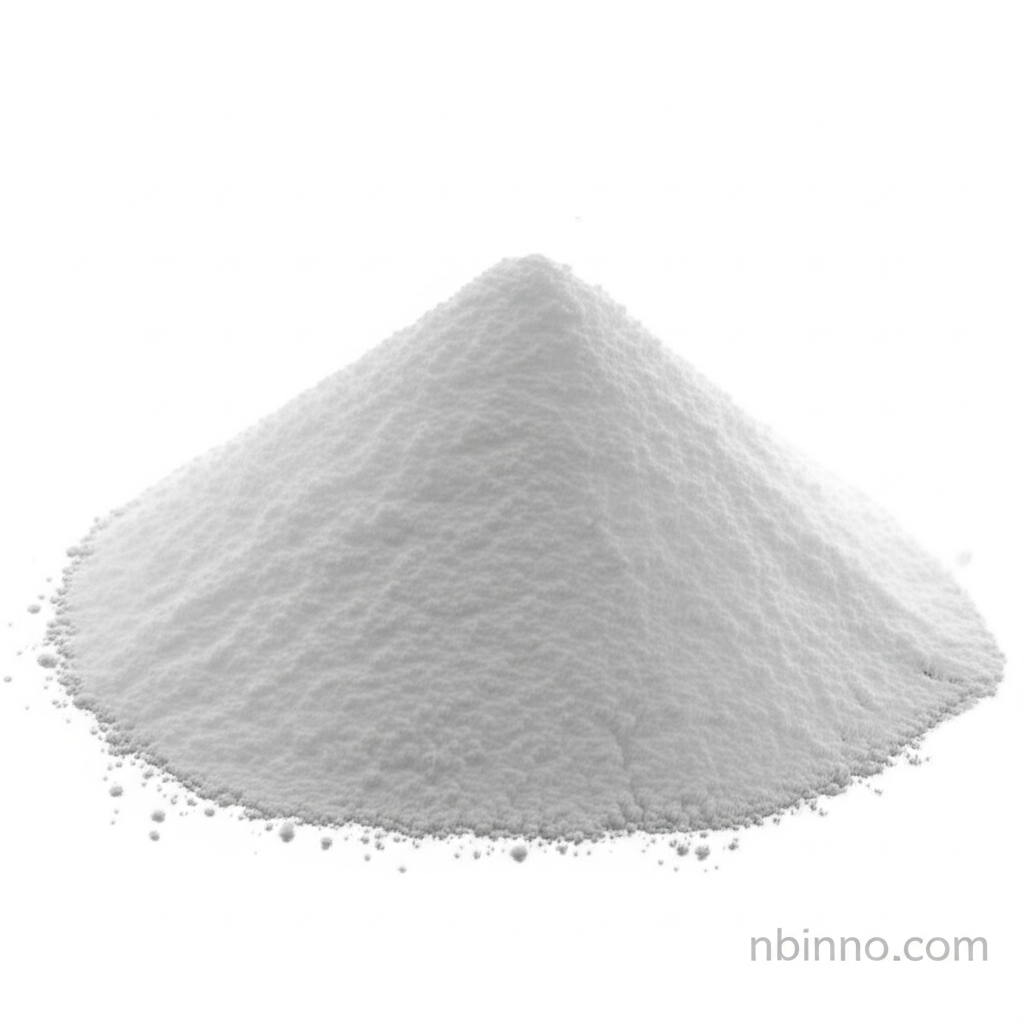Sulbactam Sodium: A Comprehensive Guide to its Properties, Applications, and Benefits
Discover the essential role of Sulbactam Sodium in modern antimicrobial therapy and its impact on fighting resistant bacteria.
Get a Quote & SampleProduct Core Value

Sulbactam Sodium
Sulbactam Sodium is a vital pharmaceutical intermediate and a powerful beta-lactamase inhibitor. Its primary function is to safeguard beta-lactam antibiotics from degradation by bacterial enzymes, thereby restoring and enhancing their antibacterial efficacy. This makes it an indispensable component in the fight against drug-resistant bacteria, playing a crucial role in combination therapies.
- Sulbactam Sodium Pharmaceutical Intermediate: Crucial for synthesizing potent antibiotic combinations that overcome bacterial resistance mechanisms.
- Beta-lactamase Inhibitor Sulbactam: Effectively neutralizes enzymes produced by bacteria that would otherwise inactivate antibiotics, broadening their spectrum of activity.
- Sulbactam Powder Properties: Characterized by its stable white or off-white crystalline powder form, easily soluble in water, ensuring ease of formulation and administration.
- Antibiotic Resistance Treatment Sulbactam: A key agent in treating infections caused by bacteria like Staphylococcus aureus and Escherichia coli that have developed resistance to standard antibiotic treatments.
Key Advantages
Enhanced Antibacterial Efficacy
By inhibiting beta-lactamase enzymes, Sulbactam Sodium significantly boosts the effectiveness of commonly used beta-lactam antibiotics, leading to improved patient outcomes in combating difficult infections.
Combatting Drug-Resistant Bacteria
This pharmaceutical intermediate is instrumental in creating combination drugs that provide a critical defense against pathogens exhibiting resistance to multiple antibiotics, a growing global health concern.
Formulation Versatility
Its stable powder form and good water solubility allow for flexible formulation into various pharmaceutical preparations, including intravenous and intramuscular injections, facilitating diverse treatment regimens.
Key Applications
Pharmaceutical Intermediate
Serves as a foundational component in the synthesis of combined antibiotic preparations, such as ampicillin-sulbactam, which are vital for treating severe bacterial infections.
Treatment of Infections
Plays a critical role in treating infections caused by resistant bacteria, including those affecting the respiratory, urinary, and abdominal systems.
Antibiotic Augmentation
Its ability to protect beta-lactam antibiotics from enzymatic breakdown makes it an essential agent for restoring the efficacy of these drugs against resistant strains.
Combination Therapy Component
An integral part of anti-infective combination therapy, working synergistically with other antibiotics to achieve greater therapeutic impact and overcome resistance.
